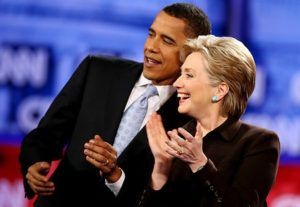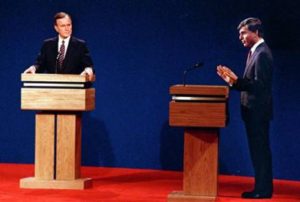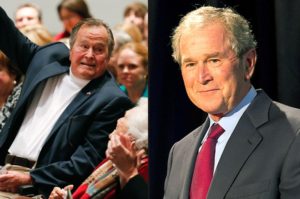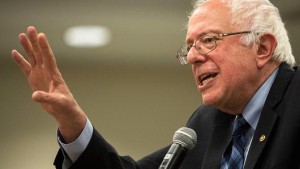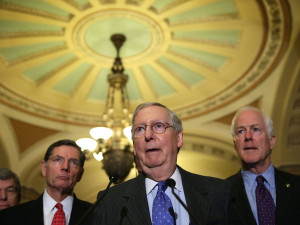I admire President Barack Obama.
His two terms as president of the United States will be judged ultimately as a success, no matter what his critics keep harping at today with statements of his alleged “failed presidency.”
Thus, I accept his endorsement today of Hillary Rodham Clinton as a potentially decisive event in the upcoming election.
He called his fellow Democrat Clinton the “most qualified” person ever to seek the presidency.
Right there, Mr. President, I will beg to differ.
The most qualified individual ever to seek — and hold — the office is a Republican … in my humble view.
That would be George H.W. Bush, the 41st president.
I’ve taken note before about President Bush’s sparkling pre-presidency credentials: Navy combat aviator during World War II; successful businessman; member of Congress; special envoy to China; CIA director; Republican Party chairman; U.N. ambassador; vice president of the United States.
I don’t want to quibble too much with the president over this. Indeed, Hillary Clinton is supremely qualified to be president and commander in chief. Her resume includes first lady of the United States, U.S. senator and secretary of state.
“Most qualified,” though, is a stretch. Her record is stellar, but not as stellar as the one compiled by President Bush.
Partisan politics being what it is, though, a Democratic president isn’t going to offer credit to someone from the other party while endorsing a member of his own party to become the next president.
The credit that extends across the aisle is left to be handed out by those of us out here in the proverbial peanut gallery.
Thus, I am doing so here.
